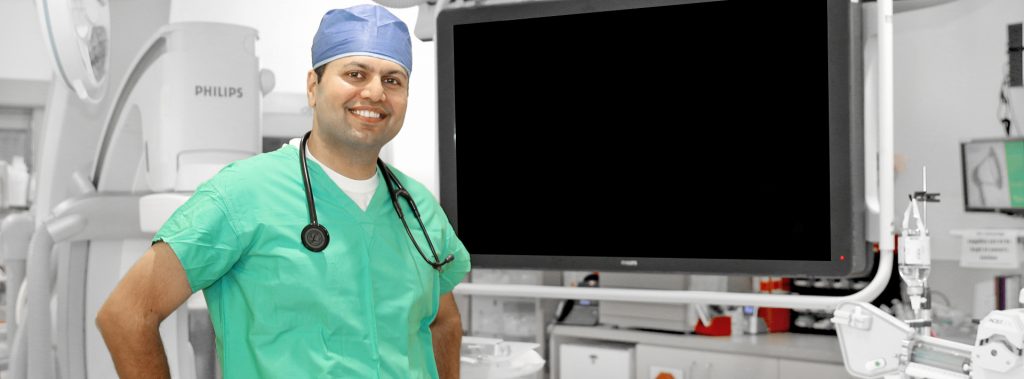Evaluate Your Heart Stroke Risk With Advanced Carotid Ultrasound, AAA Screening, And MUGA Scan
Carotid Ultrasound is often called Doppler testing. It can detect if your artery walls are narrowed and if you have a plaque in your arteries, both of which raise your heart stroke risk. The pressures of blood on the artery walls, and also the position of any prospective blood clots, are all factors to consider. On either side of your neck, you have two carotid arteries. They are responsible for transporting blood from your heart to your brain.
If you've previously had
carotid artery surgery, this ultrasound will show you how successful the
procedure was. Sound waves are used to assess blood flow through the carotid
arteries in a painless and safe process.
Need
of Abdominal Aortic Aneurysm Screening
Aortic aneurysm (AAA)
screening is a procedure for determining whether the aorta, the major blood
vessel that flows from your heart to your abdomen, has a protrusion or swelling.
An abdominal aortic aneurysm, or AAA, is an enlargement or swelling in the
aorta. If it isn't caught early enough, it can be fatal.
If your doctor
suspects you have an aortic aneurysm after your diagnosis, some advanced
tests can clarify it.
What
is MUGA Scan?
A MUGA Scan (Multigated Acquisition) captures video images of the
heart's bottom chambers to see if they're pumping blood adequately. It reveals
any irregularities in the size and flow of blood through the heart's chambers,
known as "ventricles."
For those who will be
getting cancer treatments that may harm the heart, an echocardiography is
usually advised rather than a MUGA scan.
If you want to avoid heart
illness or have a family history of heart disease, it's a good idea to make a consultation
with your doctor to have any concerns diagnosed.


Comments
Post a Comment